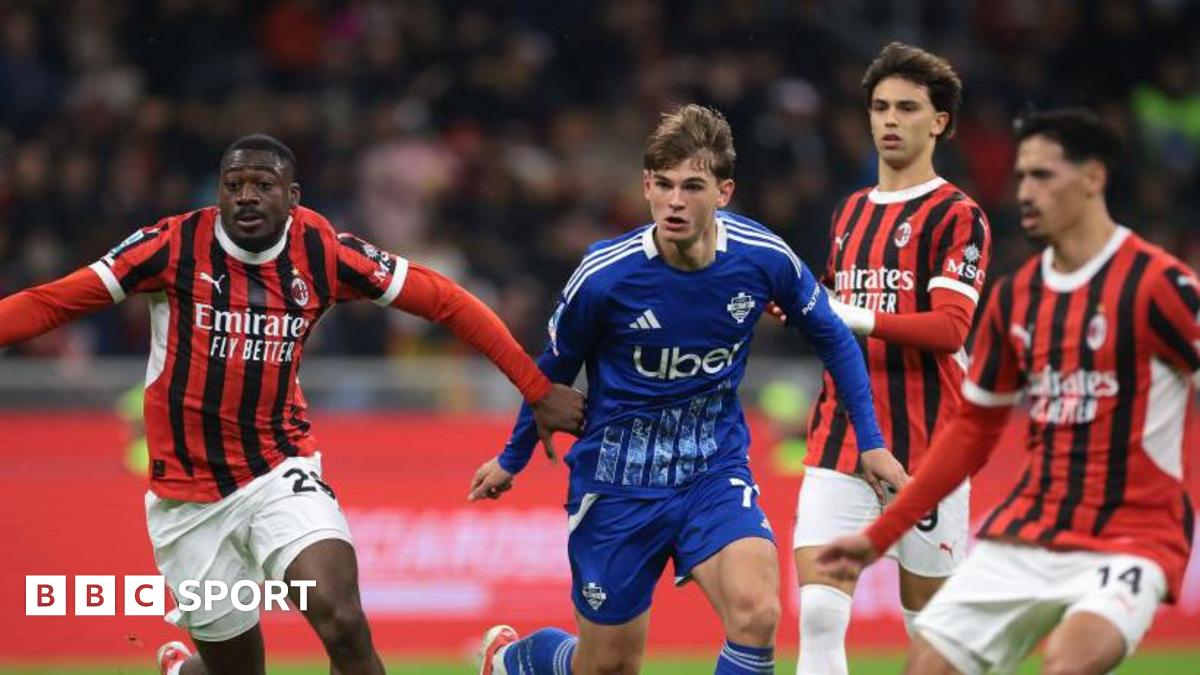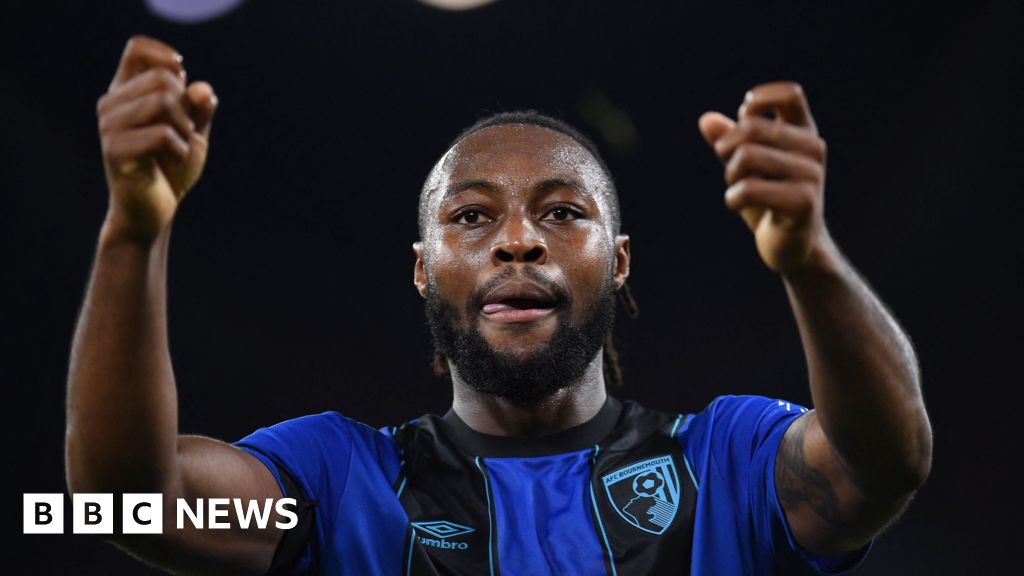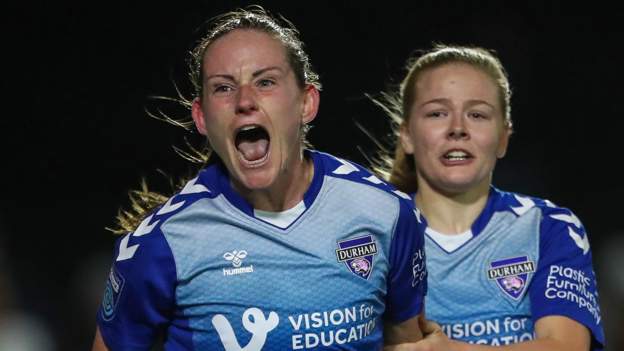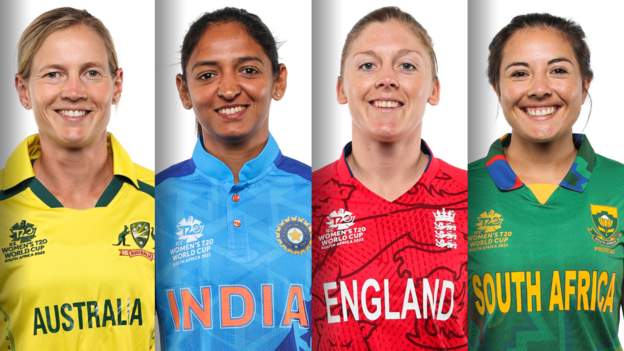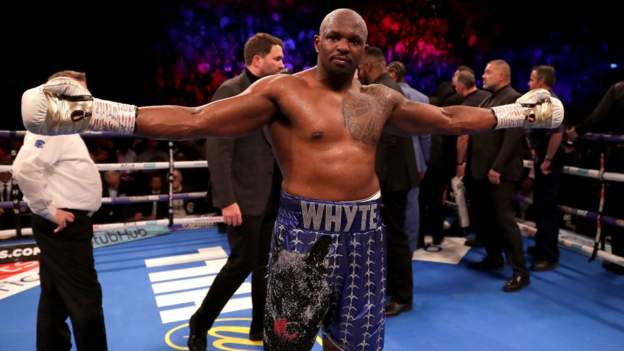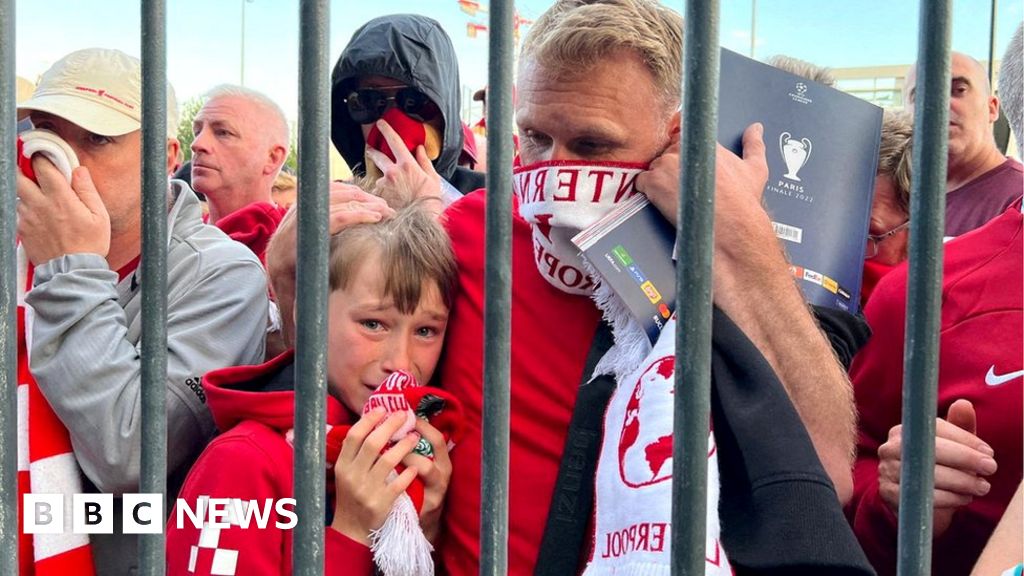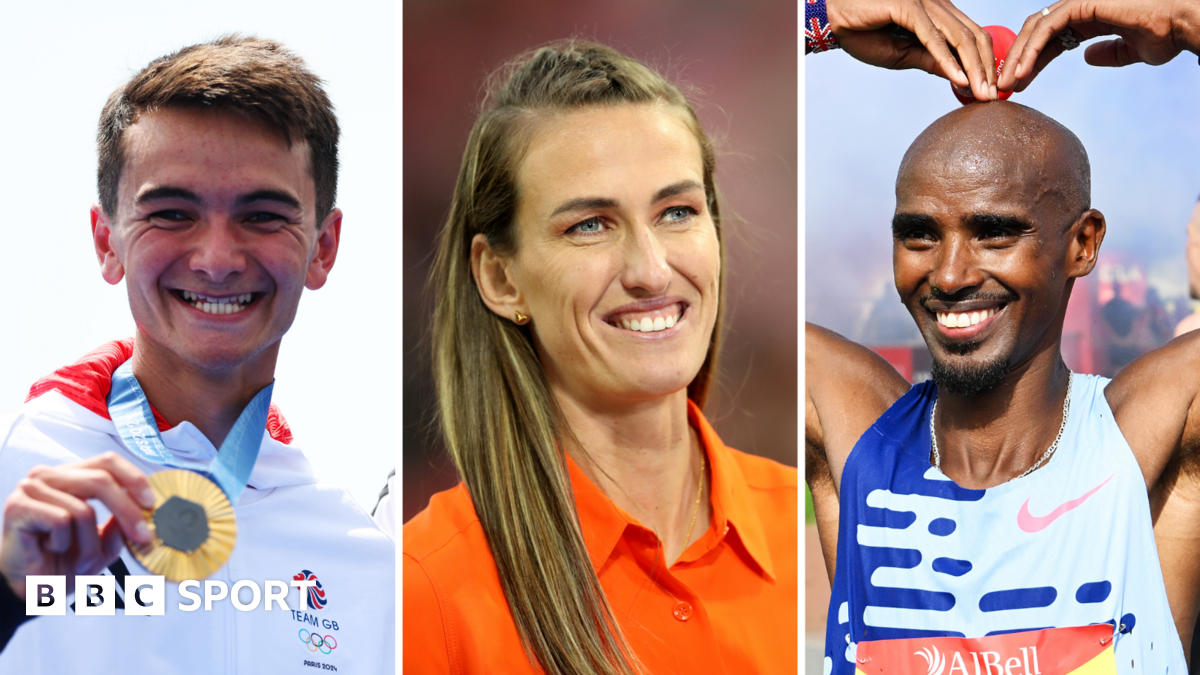In north-east football, Durham has long been overshadowed by the goliaths of Newcastle United and Sunderland.
But for the past few seasons, it has been Durham who have carried the torch for women’s football in the region.
This weekend the Championship club face the daunting task of visiting Women’s Super League leaders Manchester United in the fifth round of the FA Cup
But the role of underdogs is one that suits them perfectly.
“We’ve always considered ourselves little Durham,” says defender Becky Salicki.
“We have respect for other clubs in the North East and we want more for women’s football in the region, but it’s us going further this year.”
Durham have been a firm fixture in the second division ever since they were founded in 2014. And, across nine seasons of WSL2 and Championship football, they have always finished between second and seventh respectively.
Currently standing eighth, this year’s league campaign has been somewhat disappointing, but a cup run – and a victory against one of the game’s big teams – would add a different complexion.
“It is a prestigious competition and we are proud to represent the region,” said Lee Sanders, Durham’s Head of Football.
“We’re playing a huge club in Manchester United. Look at their budget and ours, it’s chalk and cheese.”
‘Durham attract fans from all over’

Durham’s status as an independent women’s club has allowed them to carve out a niche and attract fans such as Mark Padden, who grew disillusioned with Premier League football following the coronavirus lockdown.
Padden, from nearby Chester-le-Street, had followed his local team casually since 2014 but has been a match-going supporter for three years, even ordering a specially made flag for the trip to Manchester.
“It is always a fantastic atmosphere at Maiden Castle,” he said. “The fans, there’s always noise going, always chants.
“I’m slightly biased, but it is one of the best atmospheres I know. I went to Sheffield earlier this season, there were 800 fans and just 20 from Durham, but we outsang them.
“I don’t know if it’s to do with being an independent club, but fans of all (men’s) teams are there. I’m a Newcastle fan, but I sit with ladies who are Sunderland, Newcastle and Middlesbrough fans. We attract from all fan bases.”
That independent spirit has also drawn in fans like Cheryl Smith, who had not attended a game in 30 years after moving to the North East from Nottingham.
She attended a Durham game earlier this season with her teenage daughter – and immediately fell in love with the club.
“I took my 17-year-old daughter to the first game – and it was the atmosphere,” said Smith.
“Everything was relaxed. The girls have so much time for the fans afterwards, taking pictures. I noticed that massively.
“I live near Sunderland and my friends ask why I don’t support them. But it’s just so different, it’s not just being dragged along with the crowd. It’s a different atmosphere altogether.”
‘Netflix could come in tomorrow!’
The landscape of women’s football has changed hugely since Durham were formed nearly a decade ago. Major investment from men’s Premier League clubs – Manchester United being a prime example – has made it harder than ever for clubs independent from the men’s leagues to stay competitive.
But Durham have grown to keep their heads above water, with the club turning full-time last summer.
Beth Hepple, 26, who has spent her entire senior career at Durham, says it has been essential for the club to move with the times.
“Going from part-time training a couple of nights a week, to being full-time is amazing,” she said.
“You feel you can compete now, there is still a huge gap but being full-time makes it easier physically. It’s exciting and amazing to see first-hand.”
While the lack of Premier League infrastructure to assist can make it difficult to compete, Durham boss Sanders aims to stay optimistic.
“You have to look at it as positive for women’s game, the commercial revenues we have now wouldn’t be possible without those big clubs,” he said of the emergence of clubs like Manchester United women.
“The men’s clubs are willing to invest, that’s great, but we’re a different model and that’s exciting. We can make our own commercial deals. The owner of Netflix could come in tomorrow!”
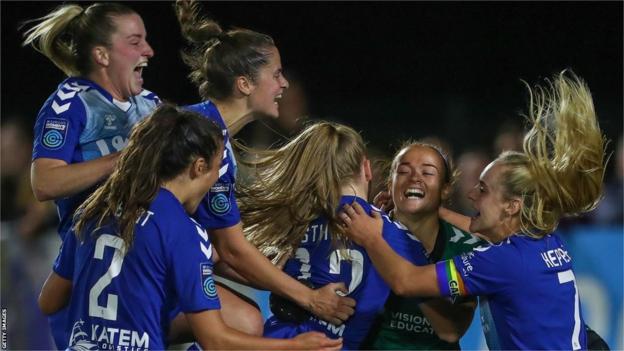
In recent years, Durham have had an exceptional record against a side with a much bigger name – and budget – in English football.
Durham were the only side to take points off Manchester United in the 2018-19 Championship season. United won 18 of 20 matches to earn promotion to the WSL, but lost 3-1 at Maiden Castle before being held to a goalless draw at Leigh Sports Village.
Defender Salicki played in the 2018-19 league games and said it “took pure grit and determination” to achieve what they did against United.
She added: “It’s what we have always been about. Never say never, we die on the pitch for each other. That shows the grit we have always had in our blood here.”
Earlier this season, Durham beat United on penalties in the group stage of the League Cup. The FA Cup is another matter, with the WSL side likely to field a much stronger side – but the North East team have belief.
“We seem to be their bogey team,” stressed fan Padden. “We’ve played them five times before and lost only once, so we’ve got a chance.”



